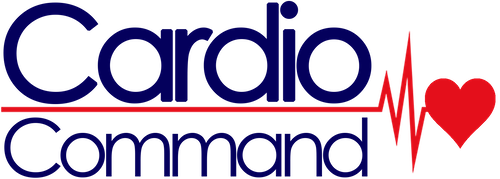Paroxysmal supraventricular tachycardia: experience with propafenone.
Santinelli V, De Paola M, Turco P, Smimmo D, Chiariello M. University of Naples, Italy. Angiology 1989 Jun;40(6):563-8. The authors studied the efficacy of intravenous (IV) (1.5-2 mg/kg) and oral propafenone (450 to 900 mg/day) in 16 patients with paroxysmal, sustained, recurrent supraventricular tachycardia (SVT). In 5 patients IV propafenone was not given, because of intolerant SVT. Nine patients had Wolff-Parkinson-White syndrome. IV propafenone immediately stopped and prevented reinduction of SVT in 9/11 patients. Oral propafenone prevented SVT induction in 3 of 5 patients. In the 9 patients responsive to IV propafenone, oral propafenone was effective: in particular, in 6 patients SVT tachycardia was not induced by serial transesophageal pacings, and in the remaining 3 patients the arrhythmia was still induced but was slower and of brief duration (3-5 seconds). In 11/12 patients responsive to oral propafenone the minimum effective dosage in preventing the induction of the arrhythmia was 600 mg/day. In only 1 patient was the dose of 450 mg/day equally effective. Propafenone administration was not associated with major side effects. In conclusion, propafenone is very effective in the control of paroxysmal supraventricular tachycardia; intravenous propafenone can predict the efficacy of oral therapy.
